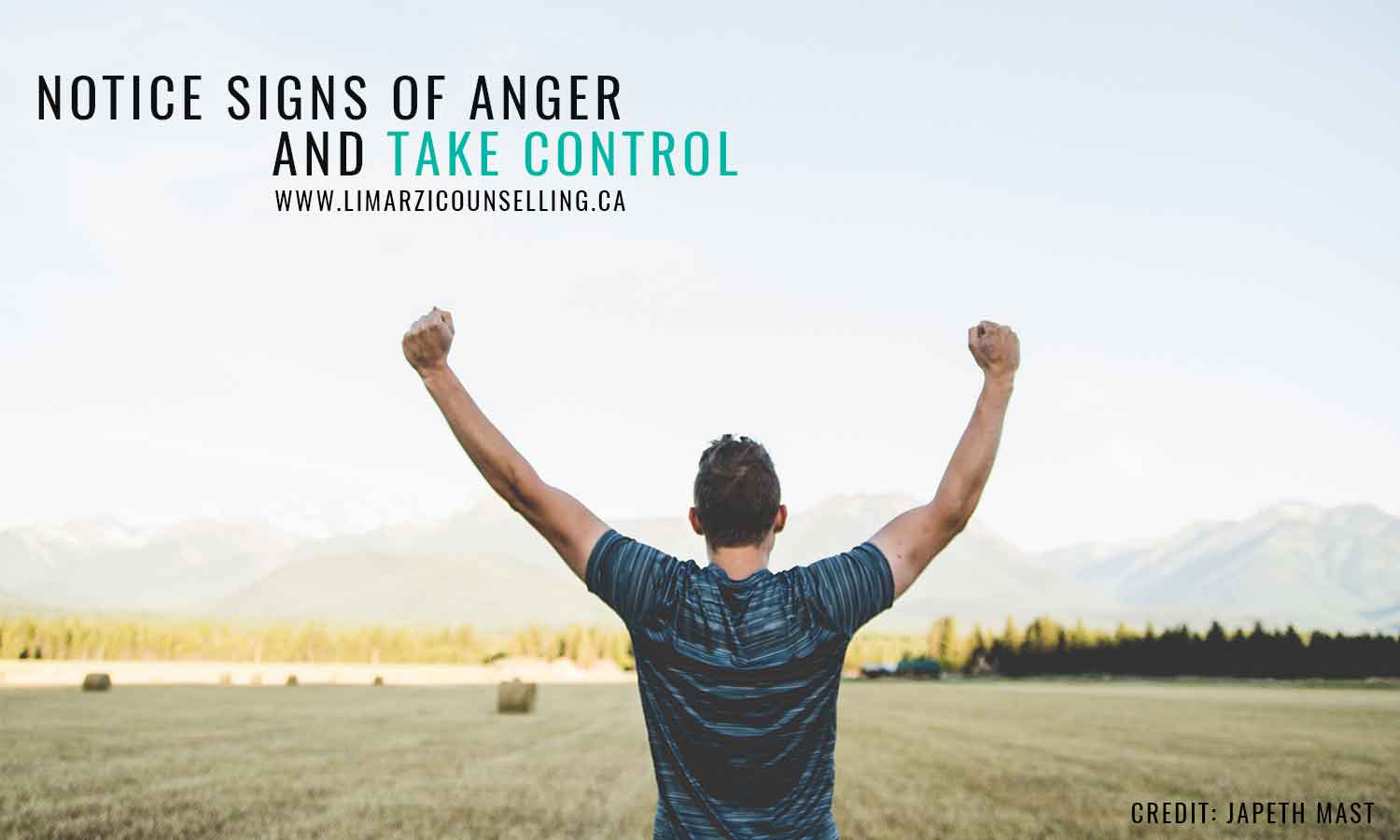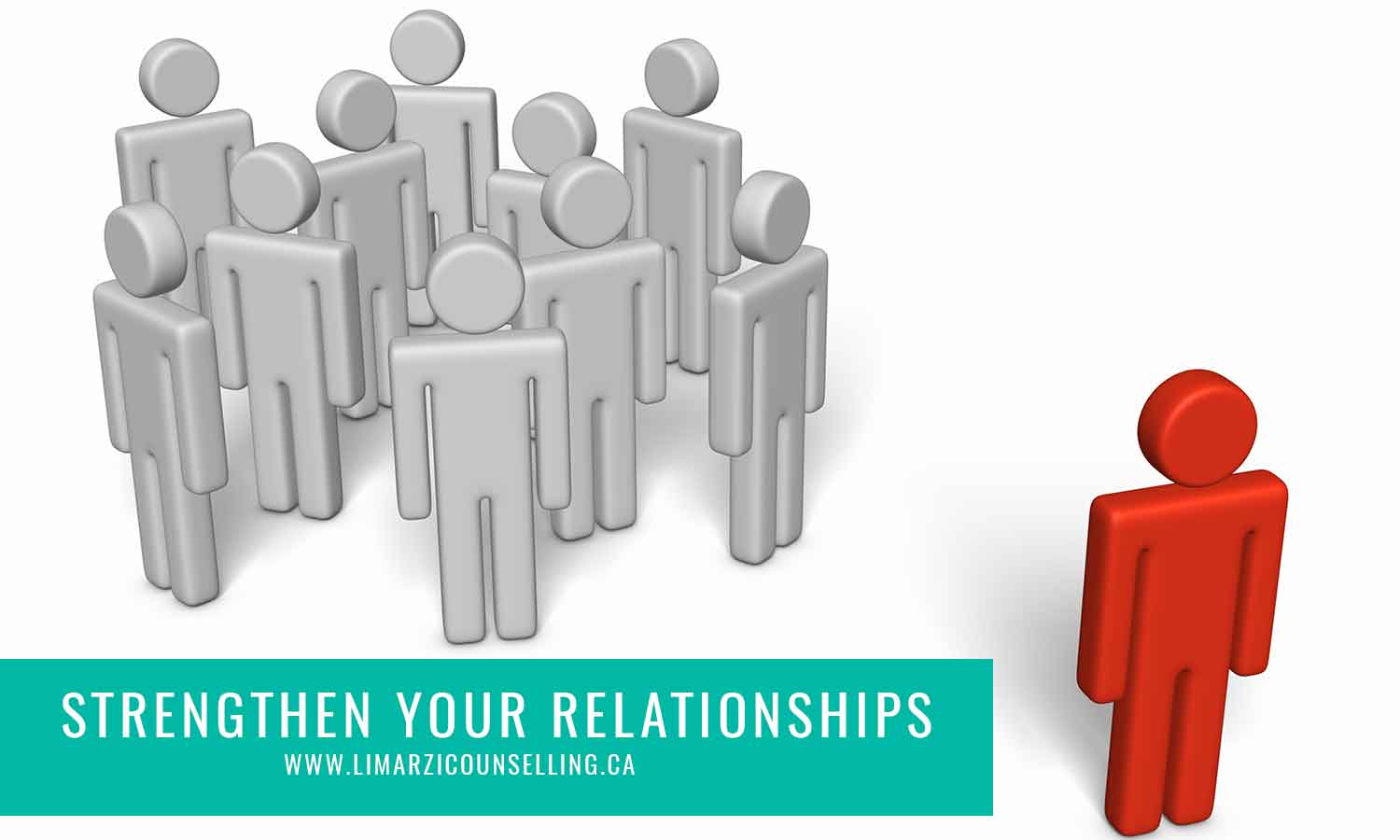Controlling Anger Before It Controls You, Manage your Temper with these Tips
Anger is a normal human emotion. In fact, it is can be a healthy expression and release for pent-up feelings. When anger becomes uncontrollable, though, it can be destructive and lead to problems. Frequent, random outbursts may create problems at work and in personal relationships. Learn to manage anger and feel better.

Anger Fallacies and Facts
Myth: Anger is not something an individual can control. We can’t help it when we’ve become hot-headed.
Fact: We have choices how anger is released. It can be expressed without the need to be verbally or physically abusive. We can learn different ways to respond when someone “pushes our buttons.”
Myth: Venting anger is healthy; it doesn’t matter how you express it as long as it’s out of your system.
Fact: Venting in healthy ways (exercise, meditation, deep breaths) can be beneficial; holding it in may increase our blood pressure and cortisol levels. Being aggressive can be upsetting to coworkers, family members, and others around you. Frequent tirades may only increase a personal lack of control. Initiating new, personally supportive behaviours will change your environment.
Myth: Intimidation, aggression, and anger help me earn respect and get what I want.
Fact: Bullying others does not earn respect. If we are unable to handle differing viewpoints or discuss opposing views rationally, we lose others’ esteem. Try to breathe or take a time out. It is perfectly acceptable to say (as calmly as possible), “I need a moment,” and walk away.

The Objective of Anger Management and Counselling
Anger management is not solely about suppressing rage. Muzzled, bottled up feelings eventually find their way “out.” Understanding our emotions and expressing them through healthy means is one objective.
Here are some tips to get you started, after you’ve called a trusted counsellor for assistance and made an appointment:
Understand what is behind the anger
– If you grew up in a household where members of the family hit each other, threw things, or screamed, it’s understandable if you show the same behaviour. High levels of stress and traumatic events can affect us to the core.
To learn how to better express your anger in appropriate ways, consider your inner feelings. Is your rage masking other feelings and experiences (like abuse, insecurity, hurt, embarrassment, shame, or vulnerability)? An anger management therapist can help.
Notice anger warning signs
– Your body often shows out physical warnings before anger is expressed. Here are some symptoms:
- Faster breathing
- Feeling flushed or clammy
- Pounding heart
- Knots in the stomach
- Tense shoulders
- An anxious need to move
- Inability to focus
If certain places, people, or situations make you irritable or tense, try to avoid them. Understanding settings and locations that create stress you can help you manage your surroundings and avoid unnecessary aggravation. As you imagine your daily routine, identify places, activities, and times of day that trigger angry feelings. If, perhaps, having a few drinks with friends often ends in an argument, or traffic on the daily commute results in frustration, find new patterns. Change behaviour, alter your route, or adapt your attitude so blood pressure remains low.

Think about ways to cool down
Recognizing signs that your temper may be triggered will help you manage anger before it becomes difficult to control. Here are some techniques keep anger in check:
- Slowly count to ten; if you don’t yet feel calm, count again.
- Massage tense areas of tension or stretch – Gently massage your neck or head. Roll shoulders. Breathe throughout.
- Getting some exercise or taking a brisk walk can release pent up energy. If you have access to a nearby local pool, go for a swim.
- Take deep breaths. Rising tension can be counteracted by taking deep, slow inhalations. Get as much fresh air as possible into your lungs by breathing deeply from the abdomen.
Express anger in different ways
If your anger or frustration involves another person, do your best to communicate respectfully to them. If this isn’t a realistic idea, remove yourself from the disagreement and talk to a trusted counsellor or friend. Once confrontation is avoided, you may feel energized and inspired about your ability to change.
There are some distractions to pursue and avoid an outburst:
- Listening to music
- Walking
- Eating a snack
- Writing down thoughts
- Using a centering object (like squeezing a stress ball)
Some people are more prone to rage than others. A person whose hot temper seemingly cannot be tamed can master some techniques to achieve a greater state of calm. This is both psychologically and physically beneficial.

A Counsellor Will Provide Guidance
There are classes, programs, and therapists to assist people with anger management challenges. Seeking help is not a sign of weakness.
Therapy provides a safe environment to identify what triggers anger and the reasons for it. The counsellor’s office is safe place to learn new abilities to express anger. Group therapy is an opportunity to meet other people who are coping with the same struggle.
More reasons to consider professional help:
- Anger has led you to physical violence
- Constant frustration manifesting itself in anger
- Trouble with the law
- Avoiding people or events because you feel out of control

How Anger Hurts Ourselves and Others
If your relationships are suffering; if your physical health is deteriorating; if work is becoming increasingly stressful — it’s time to consider counselling and learning skills to make both yourself and others feel better.
Mental health – Chronic anger clouds thinking and consumes mental energy, making it more difficult to concentrate or enjoy life. It can also lead to depression, stress, and other mental health issues.
Physical health – Constantly having high levels of anger and stress makes a person more susceptible to diabetes, heart disease, insomnia, high blood pressure, and a weakened immune system.
Career – Creative differences, heated (but respectful) debate, and constructive criticism can be healthy. What isn’t healthy is when supervisors, clients, or colleagues are alienated by a lashing out behaviour.
Relationships – People you care for can develop lasting scars when attacked verbally, emotionally, or physically. Children are particularly damaged by angry assaults.
Are you tired of struggling to control your temper? Ask for help today and feel better tomorrow. Find a counsellor or mental health professional.
Wendy Limarzi’s Depression & Relationship Counselling Services offers anger management in Windsor, ON. Wendy can work with you to live a more contented life. Lead a healthy, more satisfying life and build better relationships. Call (519) 253-1519 to book your appointment or use the online contact form.

